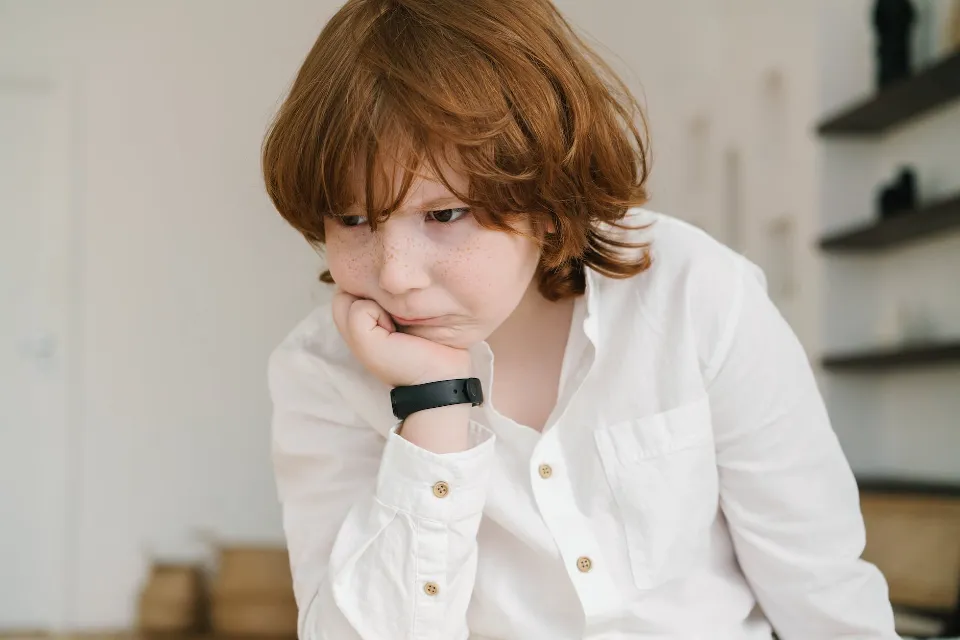
Is It Better to Homeschool An Autistic Child? 10 Pros
This comparison of homeschooling vs. public school illustrates the two common options for education for children with autism.
Sometimes parents of children with autism are reluctant to remove them from traditional schools. That is comprehensible. In order to aid you in making a wise choice, allow me to discuss the advantages of homeschooling with you.
Below are the reasons for homeschooling an autistic child.
Is It Better to Homeschool An Autistic Child?
Parents of children on the spectrum are frequently very knowledgeable about ASD. Their expertise frequently exceeds that of administrators and regular teachers in schools.
The idea behind an “individualized education plan” in a public school is to create a specific program that works best for an individual student. Curiously, that’s exactly what homeschooling entails!
Homeschooling is a fantastic option for students who would benefit from a personalized approach because it gives families the freedom to decide how, when, where, and what to teach their child. Additionally, without any additional administrative paperwork, parents have the authority to change those specifics as needed.
Further Reading: Are Homeschooled Students Smarter?
Reasons for Homeschool An Autistic Child
Here are the pros of homeschooling your autistic child:
Reduction in Sensory Stimuli

Homeschooling allows you to give your child a more tranquil environment. You can also include sensory coping techniques, such as reading upside down, studying while covered in blankets or using a yoga ball in place of a desk chair.
Smaller Class Size
For many ASD children, anxiety increases with class size.
Food and Medical Issues Can Be Monitored More Effectively
This may seem obvious, but it is beneficial. Knowing what foods your child has consumed will allow you to monitor any reactions. You can continuously monitor medical issues. A child can learn more effectively when they feel better.
Opportunity to Practice Life Skills at Home and in Real Situations
The homeschooling experience for autistic children emphasizes life skills. It takes many steps to complete what seems to be a simple task, which neurotypical people are unaware of. All those considerations are not ones that your ASD child has. You will therefore have the opportunity to instruct him on how to complete a shower from beginning to end.
Less Bullying and Peer Pressure
We can’t keep our kids away from all bullying since it happens in all places, not just in school. However, homeschooling significantly lowers your child’s exposure to bullying and peer pressure.
To teach him when to defend himself and when to back off, you could also walk him through interactions at the playground, for instance.
Work on Weaknesses at Your Child’s Pace

Has your child fallen behind in math or reading? Does he possess weak muscles? Working at your child’s pace is a wonderful feature of homeschooling. It’s acceptable if you need to devote more time to academic work or vice versa in order to devote more time to occupational therapy.
Move Ahead in Strong Areas
Working at your child’s pace, on the other hand, will help him or her to develop their strengths. Does your daughter already know all the facts involved in multiplying? Are you sure your son is an expert in zoology? Go to a different science now.
Teach to Learning Style and Interests
When you educate your child at home, you have more latitude to include activities that don’t work in a typical classroom setting with a group of kids. There is a lot more room for practical learning.
Your child’s special interests can also be incorporated into all subject areas. Model body parts or depict historical events using Lego bricks. Utilize math, science, history, reading, and writing to create an entire unit centered around building airplanes or dolls.

More Movement
Most children on the autism spectrum won’t be able to sit at a desk for the majority of the day without difficulty. When learning at home, your child can work on the floor rather than a desk, hide under a pile of blankets for sensory stimulation while using a clipboard as a desk, or bounce on a trampoline while reviewing math facts.
Use sticks in the mud or sidewalk chalk when teaching outside.
Ability to Learn Social Skills in a Safe Place
Your child will be more successful in social situations if you homeschool them. That seems counterintuitive, don’t you think? Here’s why it’s accurate: while you’re at home, your child can pick up a new social skill. After that, she can train her siblings.
She can then work on her skills with a neighbor or a librarian. In a bigger group, on the playground, or during storytime with other kids at the library, she can also put her skills to use. Your child will experience more success and less frustration by beginning small.
Cons of Homeschooling An Autistic Child
- Homeschoolers can access special education services in a small number of states. If this service is offered in your state, check the applicable laws.
- Not every household has the time or resources to homeschool.
- Although support systems can help reduce this stress, some families find that homeschooling a child with special needs is overwhelming or emotionally taxing.
Conclusion: Homeschool An Autistic Child
As you can see, homeschooling has many advantages for your kid. Your child will do better in a relaxed, individualized environment where they can go at their own pace when reading or listening to the material.
Homeschooling is a labor-intensive endeavor that needs a lot of time and effort, as well as patience and a certain amount of separation from adult pursuits.
FAQs
Do Autistic Children Behave Differently at Home?
It’s quite common for autistic children who do not appear to have any behavioral difficulties at school to behave differently at home. As the Jekyll and Hyde character, Tony Attwood refers to this (Attwood, 1998). We examine some of the causes of this behavior in this section and provide advice for parents and caregivers.
Do Children With Autism Struggle Academically?
In general, children with ASD develop more slowly than others their age, and sometimes, do not learn common skills in the same way or order. Autism may affect a child’s mental and physical development, which may have broader effects on the child’s education at home and in school.
Are Autistic People Better at Learning?
Autistic children are often good at learning by heart (rote memory). Many children with autism can recall lengthy passages of information, including dialogue from movies, song lyrics, license plates, and other details.


